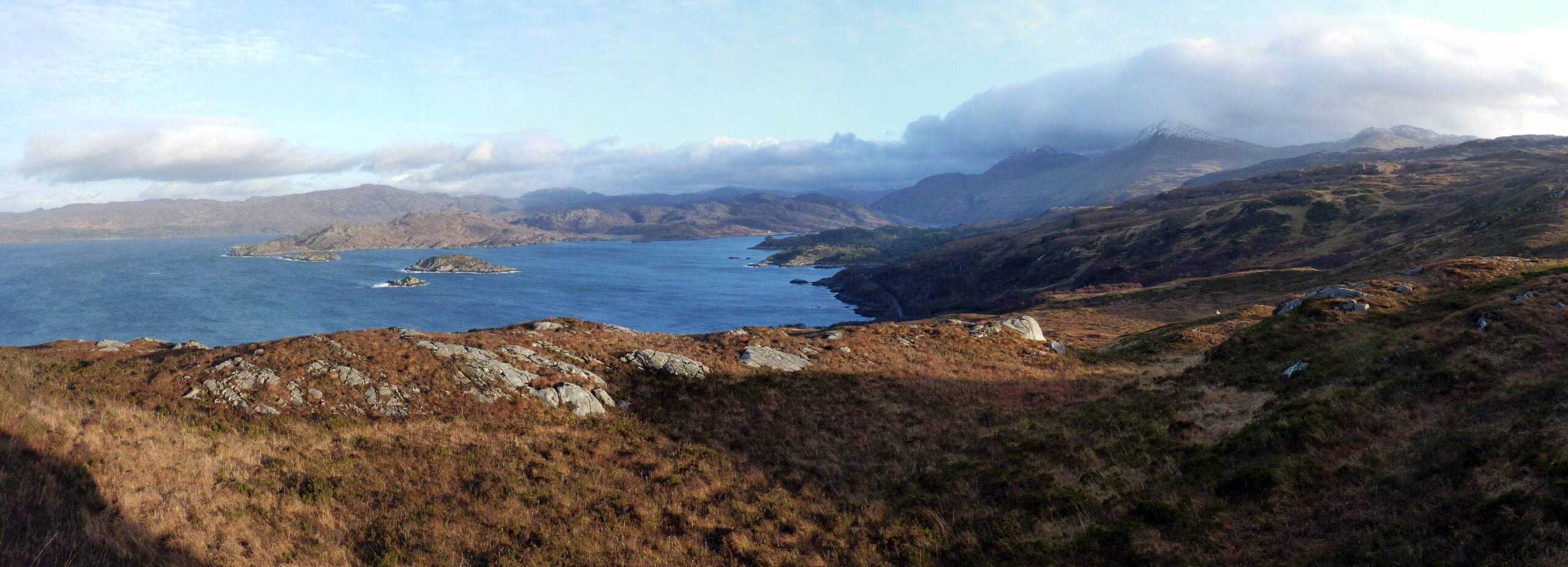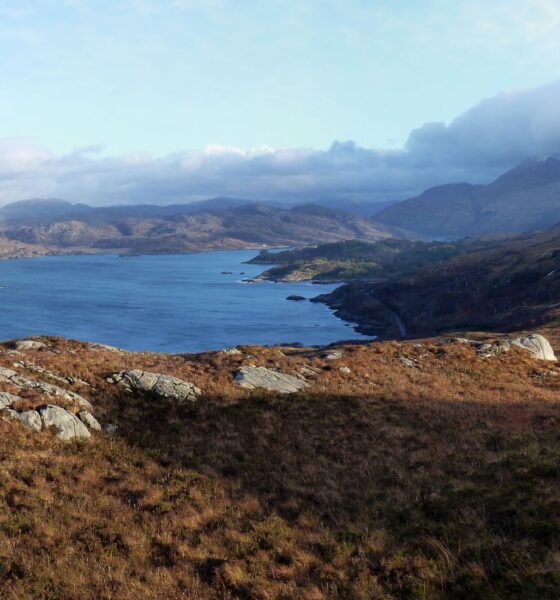

Energy
Community Energy Fortnight: Scene Consulting
Community energy specialist, Scene Consulting, will deliver a renewable energy workshop during Community Energy Fortnight on September 26.
The workshop is open to members of community groups who would like more information on renewable energy and what it can offer to locals. The event will be held at Hartwood Farm in Schotts, Scotland from 10am – 4pm and is free to attend. Tickets can be booked online and a variety of energy types will be discussed, including geothermal, hydro, solar and wind.
Vijay Bhopal, projects manager at Scene Consulting tells Blue & Green Tomorrow more about the initiative.
Tell us a bit about your organisation
Scene is a social enterprise focused on growing the community energy sector through project consultancy and research, we aim to have our boots on the ground whilst also helping to shape and expand the sector as a whole. Our work covers everything from researching progress and trends in community energy for lenders, thinktanks, NGOs and governments, to project specific management and technical consulting support. We aim to promote community ownership in both the developed and developing world and have recently been working in the UK, Cameroon and India and with partners from a variety of other regions.
What excites you about community energy?
Despite the fact that project drivers have a shared vision of distributed ownership, community energy projects are diverse, which is always exciting. No two projects are ever the same – even within the UK, never mind across borders. Whether there are particular technical challenges or social structures that are difficult to overcome, projects are rarely boring or easy, and always have great associated benefits.
What is the biggest challenge in scaling up community energy across the UK?
The earliest pioneers aside, trends in community energy tend to lag two or three years behind commercial developers in terms of uptake. This is a major challenge, which causes community projects to be even more vulnerable to changing incentive frameworks than all of the other actors in the market.
For community energy to thrive I think it needs to have its own incentive framework, which is bound within more relaxed time-frames and has more certainty going well into the future. The current incentive frameworks are not fit for purpose for a booming, but late blooming, community energy economy, which is why I strongly advocate a community feed-in tariff which would differ from the normal tariff in a variety of ways.
Feed-in tariffs don’t last forever, as seen in Italy and Germany, where the schemes were recently ended for solar PV as they had reached their allocated budget limits. My worry is that by the time real momentum is built up in our communities, the tariffs will be so degraded that the finances are no longer so favourable. We can safeguard against this by having a community feed-in tariff.
What’s your vision for community energy in the UK?
My vision for community energy in the UK is one in which communities large, small, poorer or wealthier all understand the benefits that can flow from your own energy supplies. Grassroots knowledge is in short supply in many regions of the UK, especially poorer areas, despite the growing popularity of the sector.
I want to see an expansion in our collective knowledge-base leading to an expansion in the numbers of community energy activists, and therefore many more projects – both 100% community owned and community-commercial joint ventures.
Would you encourage others to get involved in community energy?
Community energy offers a rare chance to improve social and economic aspects of your area, whilst doing a little bit to help solve a global environmental crisis. Those are pretty good reasons to get involved in a project in my book!
The Community Energy Coalition (CEC) formed in 2011 and runs the Community Energy Fortnight, with the first one taking place last year.
The CEC is made up of 36 members, made up of a wide range of organisations and charities, including Forum for the Future, Campaign to Protect Rural England (CPRE) and Co-operative Energy.
The fortnight hopes to inspire and engage people about the benefits of clean, green energy and encourage community groups to set up their own projects.
The public can see renewable energy projects close up with a variety of events and open days held across the UK from September 13 – 28.
Photo: Scene Consulting 2013
Further reading:
Community Energy Fortnight: Drumlin Wind Energy Co-operative
Community Energy Fortnight gears up for second series of events
Community Energy Strategy launched to help local renewables projects
Public shows renewables interest ahead of Community Energy Strategy unveiling


 Environment12 months ago
Environment12 months agoAre Polymer Banknotes: an Eco-Friendly Trend or a Groundswell?

 Features11 months ago
Features11 months agoEco-Friendly Cryptocurrencies: Sustainable Investment Choices

 Features12 months ago
Features12 months agoEco-Friendly Crypto Traders Must Find the Right Exchange

 Energy11 months ago
Energy11 months agoThe Growing Role of Solar Panels in Ireland’s Energy Future



























